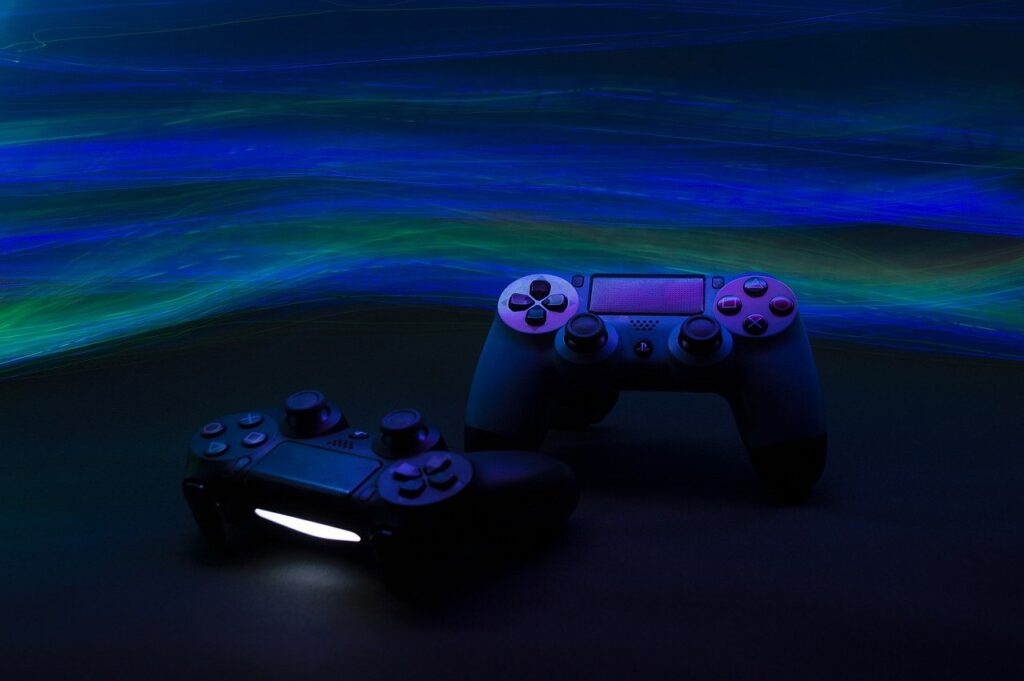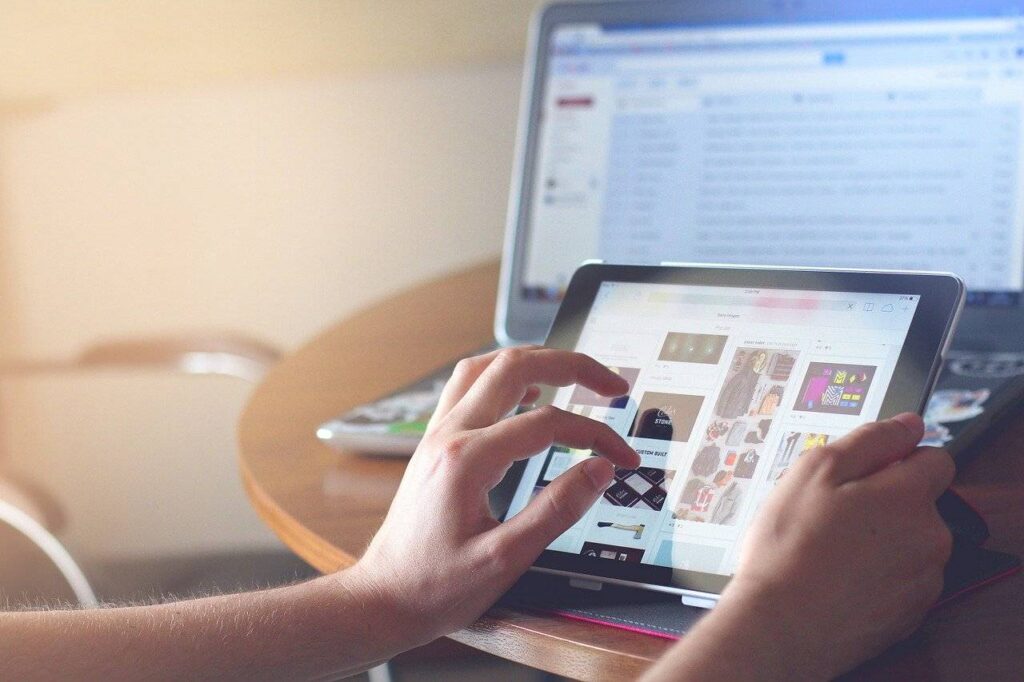The number of digital devices we have today is nearly impossible to keep up with. From our smartphones to our laptops, we have more devices than ever to keep us connected to the world around us.
This can be a positive thing. Having so many devices to choose from means we can stay connected to the people and information we care about most.
The problem arises when we start connecting with our devices for longer periods of time than we should. The result is an excessive addiction to our social media accounts, our email lists, and any other digital service we happen to be addicted to.
The problem is, it’s not always obvious how to stop being addicted to your phone and start living a more productive life. Even with all the technology available, there are times when you just don’t need to be using your phone. Here’s how to stop being addicted to your phone and start living a more productive life.
Change Your Habit
Habit latently is the root of all habits. It’s the invisible part of us that controls our actions. We do things automatically when we’re not aware of it.
There are usually triggers that cause us to take action. For example, when we’re stressed or lazy, we’re often tempted to reach for a bottle of soft drink instead of practicing good self-discipline.
Even when we’re aware of it, we don’t always recognize the triggers that cause us to act on those impulses. We have a habit of doing things without thinking about them.
When we recognize the triggers and change our habits to something else, we’re essentially breaking an old, negative habit and creating a new, healthier ones. It’s the same concept as diet. We have to consciously choose to eat healthier foods rather than the foods that are craving-inducing.
Be Aware Of The Addictive Behaviors
Although it might not seem like it, we all have inherent skills that make us good at certain things and not so good at others. Ruled by the “Mode” switch in the brain, our addictive behaviors are behaviors that are either pleasant or unwanted.
We have the ability to “Turn Off the Addictive Behaviors” by setting boundaries with technology. Here are some behaviors that can cause a person to become addicted to technology:
- Using Social Media
- Emailing And Texting Nonstop
- Watching Multiple Videos Or Pictures At The Same Time
- Playing Games Nonstop
- Installing Apps That Require Constant Use
- Taking Photos And Videos At Random Times
- Reading News Or Other Information That Is Too Stimulating
- Having Instant Access To The Internet
Set Boundaries With Technology
One of the most important steps towards stopping being addicted to your phone is setting boundaries with technology. Some boundaries may be the fact that you don’t want to be reminded of certain things at certain times.
Some boundaries may be setting a timer while you use your phone and taking it out of your sight after a certain time. Some boundaries may be turning off the alerts on your phone so you don’t receive notifications for things you don’t want to be reminded of.
Setting boundaries with technology can help you avoid the trap of addiction by reminding you why you have a device in the first place.
Do Something Different Once A Day
In order to stop being addicted to your phone, you need to do something different every day. This can be as simple as taking a different route to school or work, not checking your phone before dinner, or going to a museum or art gallery instead of checking your social media.
This simple change can go a long way towards helping you stop being so consumed by your phone. Be flexible with your device usage and try something different every day for a week. If you notice a difference, great! If not, try again next week.
Clear Your Timeline
Another thing worth considering is clearing your digital timeline. This simply means deleting all your social media accounts, your emails, your phone, and any other apps that you’re constantly using.
This will help you cleanse your mind and help you focus on what’s really important in life. It’s one thing to have several social media accounts, but having too many digital devices in your possession can get cluttered and distracting.
Using a different app for each social media account can be a time-consuming and error-prone process. Clearing your social media accounts will help you stay focused on what’s most important and reduce the likelihood of addiction relapse.
Turn Off The App Alerts
We all have different preferences when it comes to how we want our notifications handled, so it’s important to set clear boundaries with yourself regarding how you want to receive notifications.
If you set a limit of five notifications per day, for example, you won’t be tempted to dig through your notifications when you don’t want to.
Limit Social Media
Social media is great for connecting with friends, sharing moments with others, and finding information. However, using social media sites at the same time as you’re trying to do other things can easily become a double-edged sword.
You may be doing yourself and your relationships a disservice by having so much access to social media at the same time as you work. Use social media at different times during the day or schedule social media breaks when you have time for yourself.
Limit your social media to one account at a time and use sites in different categories such as work, sports, etc. Doing this will help you stay focused on what’s most important.
Limit Your Screen Time
Although we all need to spend time with our devices, it’s important to manage this time so we don’t become too attached to our devices and start doing things on the phone we should be doing instead. 4 hours of screen time a day is the equivalent of 4 hours of work, 1/4 personal time, and 1/4 social time.
This is the equivalent of spending three hours watching TV, four hours on the computer, and two hours doing chores. Spend your time in productive ways, avoid excessive screen time, and you’ll be fine.
Cut Back On Email
Email is an important part of any business or personal relationship. It can be used to send and receive messages with clients or co-workers, set up meetings or programs, and store important information.
On the other hand, email can also become a source of stress when you constantly receive emails. If you’re in a rush and need to quickly reply to an email, but don’t have the time to process and reply to every email that comes in, this can lead to email addiction.
This is because you’re constantly scanning emails and being distracted by other things. A bad habit formed from stress can easily turn into an addiction.
If you notice an increase in emails after you started using email, it’s probably a good idea to look into ways to stop being addicted to email.
Conclusion
It’s important to realize that addiction to any type of behavior is a problem. Addictions are different from normal habits, and they usually have a strong environmental trigger.
The key to preventing and managing addiction is to identify the environmental triggers that lead to the addiction, and then identify the triggers that prevent the addiction from progressing.
We all have the ability to choose whether or not to use social media. There are a few things you can do to stop being so addicted to your phone. Do your best to avoid social media during the day.
If you do need to use it, try using a phone app that limits how frequently you can check your notifications. Don’t make promises you can’t keep.
Make commitments you can keep And most importantly, check in with yourself periodically to make sure you’re still doing okay. If you’re feeling noticeably shakier or have lost your motivation to do anything, then it’s time to start backing away from your phone.















